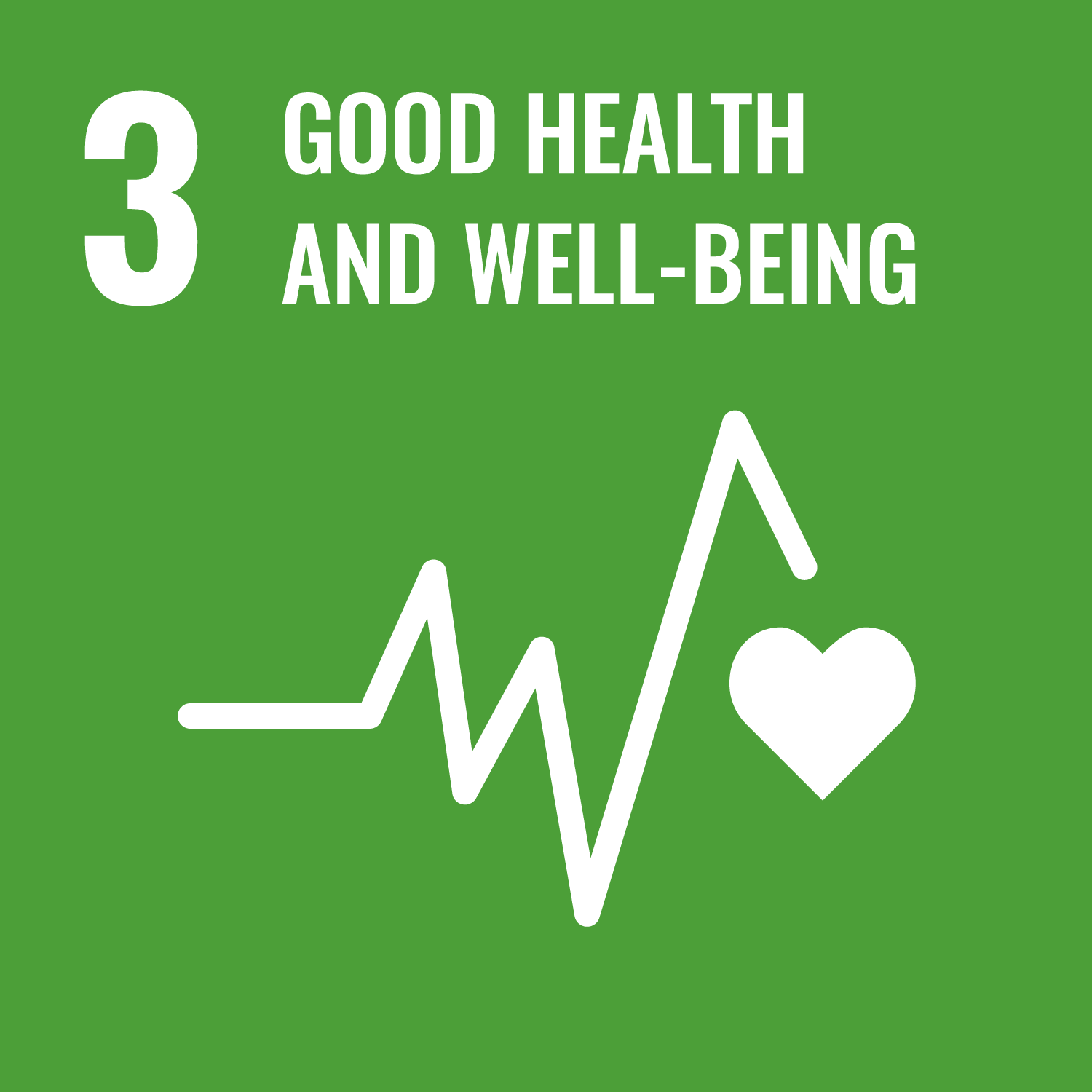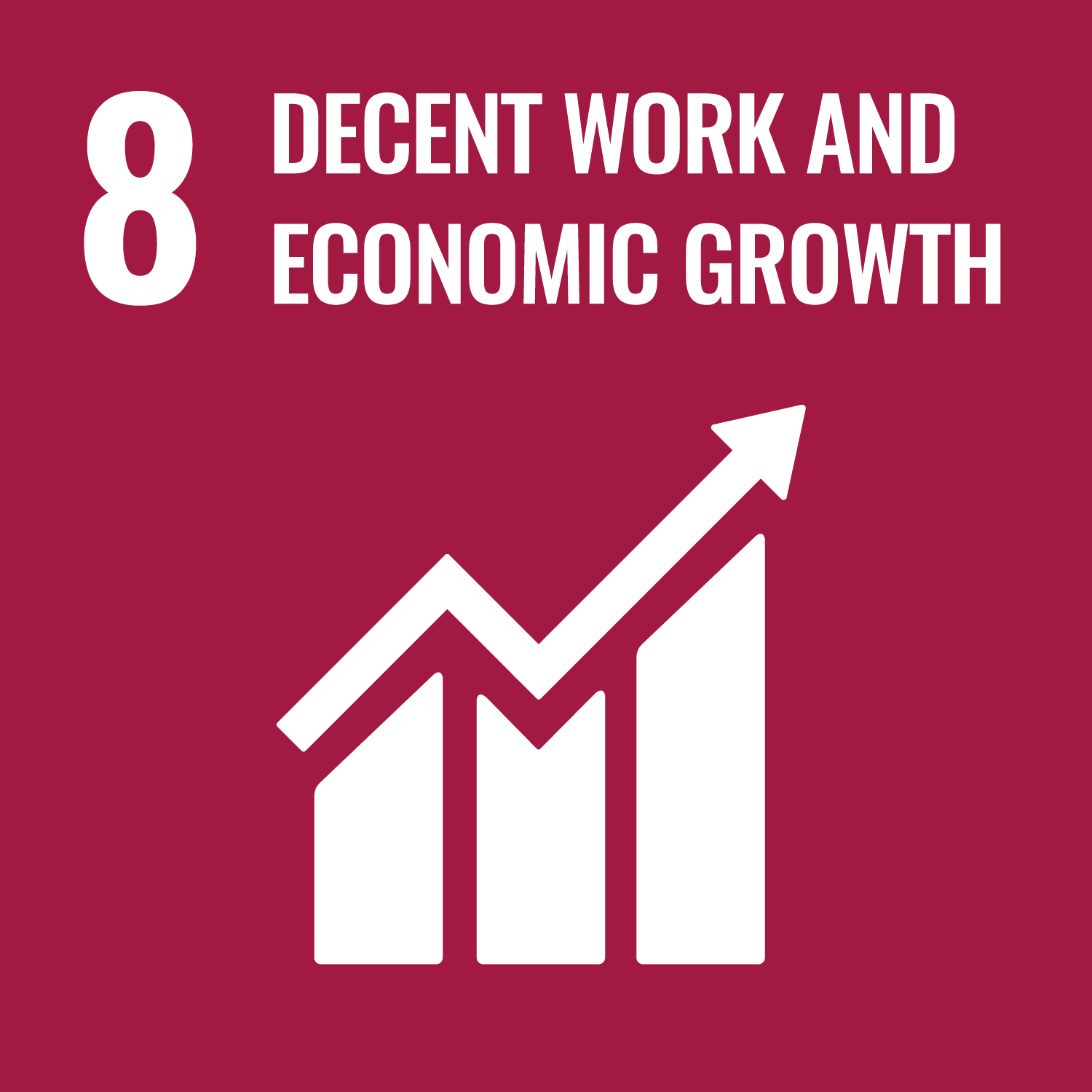This report is one of a series of four released by APCOM in late 2020 looking at the economic inclusion of people with diverse SOGIESC in four counties in South-East Asia, namely: Cambodia, Indonesia, Lao PDR and the Philippines.
The report provides a detailed summary of the current human rights context in Cambodia and how it relates to LGBTQI people. It highlights that currently no Cambodian government ministry has policies that directly target the LGBTQI community and that there are no anti-discrimination laws that protect the community.
The research in Cambodia was undertaken by Micro Rainbow International Foundation Cambodia and was conducted between July and October 2019. The research focused on the human rights situation for the LGBTQI community, their social inclusion and their experiences in accessing education, health and financial services. The research involved focus groups with 32 research participants who were all members of the LGBTQI community in Cambodia. However, none of the participants involved in the focus group discussions identified as queer or intersex.
The focus group participants stated that they felt that the situation for the LGBTQI community in Cambodia had improved in recent years, particularly noting that the Cambodian government had accepted (but not yet implemented) all nine recommendations in relation to sexual orientation and gender identity or expression from the latest United Nations Universal Periodic Review. However, the research also acknowledges that myriad forms of violence and discrimination, including a lack of laws that protect LGBTQI rights, continue to be critical issues in Cambodia.
The research participants declared that they were discriminated against within their families; at school; in their workplaces; at healthcare facilities and from financial institutions. Participants unanimously stated that their LGBTQI identity prevented them from finding or maintaining consisted employment. Experiences of bullying and harassment from family members, teachers and students was also noted as a factor contributing to participants experiencing interrupted education, resulting in financial hardship and increased difficulty obtaining higher education and skilled employment. Participants also reported feelings of mistrust towards public health institutions as they do not currently provide LGBTQI-sensitive treatment.
Based on the findings the repot offers 17 recommendations that the government, private sector and LGBTQI organisations can implement to address the structural barriers that effect the social and economic inclusion of LGBTQI people in Cambodia.








